Meet Sam, a Recruitment Director at People Source Consulting and a passionate advocate for gender equality!
With a career journey spanning diverse industries, including stone masonry and professional sports, Sam brings a unique perspective to the table. His personal experiences and the guidance he received from the women in his life, particularly his mum, inspired him to become an ally for gender equality.
In our exclusive #HeForShe interview, Sam shares his insights on navigating conversations about privilege, power dynamics, and masculinity. He highlights the importance of active listening and challenging stereotypes in promoting gender diversity.
Tell us a bit about yourself, background, and your current role?
Where do I start? I come from a really varied background in terms of career choices; stone masonry, broadband installation, estate agency, professional sports, and ultimately the path that I am on today – Recruitment.
You couldn’t really write my career, but I wouldn’t change it. After 7 years working in the industry, I’m now a Recruitment Director for People Source Consulting, a highly regarded UK agency and a multi-award-winning one too. My current role sees me working across multiple industries at varying levels; however, my focus over the past number of years has been working within the Software and Engineering functions of businesses.
Did you ever sit down and plan your career?
Not really, no. Like many lads leaving school I wasn’t sure quite what I wanted to do, rugby was more of an interest than anything academic. As I grew up, I realised that whilst I’m driven, I’m also quite analytical. Both of those personality traits make good recruiters. I need the dream and the vision, but I need the data and the information too. For me, one can’t happen without the other.
What inspired you to become an ally for gender equality, and why do you think it’s important for men to actively support this cause?
I only became the recruiter and person I am today because of the guidance I had from the women in my life, in particular my Mum, who I’m really close to. Having a gender balance in the workplace can only bring benefits – different people bring different skills and attitudes – and whilst more and more companies are achieving this, it amazes me that in 2024 we’re still not where we should be in terms of gender equality. As for men actively supporting the cause, why wouldn’t they? You only become better by surrounding yourself with better people, regardless of their gender.
Can you share a specific experience or realisation that motivated you to take action as a male ally for gender equality?
I think looking back at my recruitment career I’d always been told “Find the best man for the job, Sam” and I never gave that phrase a second thought. Then I started working with more forward-thinking businesses, people who said, “Sam, find us the best person”. Earlier in my career, leadership roles for women only tended to be at larger companies. It was when those smaller start-ups started asking me to find female leaders that I thought, “Wow – we’re really in 2020 and only now just thinking about promoting women?!”. I want to be a part of this much needed change.
How do you actively support gender equality in your personal and professional life?
I’m always keen to network with women in the industry and throughout my career have always proved to be great mentors. I embrace the view of female leaders within my space, and I try to offer my thoughts around topics of gender diversity within the workplace. At People Source we of course have policies in place to ensure gender equality, but we practice what we preach – we’ve got a good split of male and female Directors and women in managerial roles. I’m also a massive advocate for women in tech as there’s a huge gender gap there, just like in the defence sector.
In your opinion, what are some common misconceptions or barriers that men face in becoming allies for gender equality, and how do you address them?
This is a great question – and from my experience it’s education, or rather the lack of it, within the workplace. There are some great sources of education for those that seek it, but often people have a “I’ll do that later” attitude about it. I think the best route for addressing the issue is the C-Suite themselves being invested in making a change and making it mandatory for their managing staff to be trained in gender diversity.
Have you encountered any challenges or resistance from other men or society at large while advocating for gender equality, and if so, how did you overcome them?
I think anyone who answers this question and says no, would be lying – of course I’ve seen it and at some point, in the past, I’ve probably been part of the problem without realising it. It’s a journey, and I’ve found myself noticing things I wouldn’t have before. That common saying, “think before you speak” is something that is becoming easier for me. It’s important to hold yourself, and your counterparts, accountable. When you hear or see something that doesn’t sit quite right with you, speak-up and try to challenge accepted norms.
What strategies do you use to engage other men and encourage them to become allies for gender equality?
I surround myself with people I want to be surrounded by, and a person who believes men are better than women doesn’t fit in with that. I would hope that a friend or colleague that I distance myself from would want to know why, and then reflect on their attitudes. I’m still learning – I think something I should try is to share my journey online as an ally for gender equality with an aim to influencing my male friends & colleagues.
How do you navigate conversations about privilege, power dynamics, and masculinity in your efforts to promote gender equality?
I think the first way of navigating these conversations is to accept that there is a problem in the first place. Accepting and being vocal about such problems leads to an easier conversation because, well, you’re not blind siding anyone – so things like active listening, leading by example and challenging stereotypes are all conversations that need to be had.
Can you share any initiatives or projects you’ve been involved in that promote men’s engagement as allies for gender equality?
I’ve not been directly involved in anything official until now, it’s been more a moral compass of what’s right and what’s wrong. So, to be asked to be involved in this interview series and a part of further projects with WED is exciting. A fellow director at People Source, Nick Snelling, is a keen advocate for women in defence already and is heavily involved with WED. That definitely spurs me on to follow his lead.
What advice would you give to other men who are interested in becoming allies but may feel unsure about how to get started?
The fact you’re thinking about it means you’re already halfway there, you know that there is a problem that needs fixing. Being an ally is about being a voice and that voice can be as loud or as soft as you want it to be. So, my advice on how to get involved would be start speaking up, networking, even ‘liking’ things on social media that ring true to you are all steps in the right direction. Also, I think good advice is that you shouldn’t be afraid to be corrected. I think a lot of men want to be involved but are so frightened to say the wrong thing. But reach out, ask if you’re unsure and learn from it.
Looking ahead, what impact do you hope to have as a male ally for gender equality, and what steps are you taking to achieve your goals?
On a practical level, there are things that recruiters can do to help when hiring. Things like sending third person resumes, removal of names etc. so that people are viewed on their skills and not on any protected characteristics like gender or race.
My goal here is to bring awareness of the gender workplace imbalance through my platform. I have a lot of contacts within my recruitment industry network and in my personal life too, so I’m keen to spread the word and challenge injustices. How do I plan to do that? Be vocal in my approach and stay true to self.
Conclusion
Sam’s journey serves as a powerful testament to the impact of allyship in fostering gender equality. Through his diverse career path and personal experiences, he has embraced the role of advocate for change, challenging traditional norms and actively promoting inclusion in the workplace. Sam’s dedication to amplifying diverse voices, challenging stereotypes, and advocating for equal opportunities exemplifies the transformative potential of allyship. As we reflect on his journey, let us be inspired to continue our collective efforts in breaking down barriers, empowering change, and creating a more equitable and inclusive future for all.





Responses